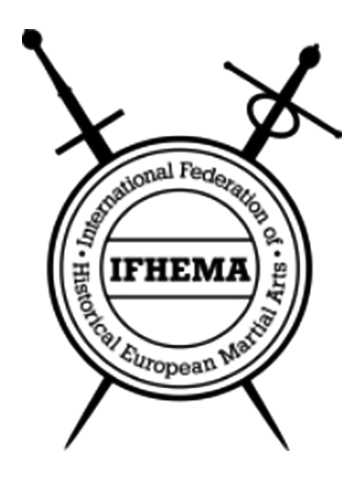About
Historical European Martial Arts (HEMA) is a worldwide movement aiming towards safe and efficient practice of European martial heritage.
HEMA can be practiced either as martial arts or martial sports, many HEMA centres practice both forms. The practice is based on research and study of sources that recorded martial arts within European territories and European spheres of influence.
HEMA is to be considered separately from modern combat sports such as fencing, wrestling, boxing, savate and similar, since most of the modern sports are based on regulations created from the late nineteenth century onward.
The same is true for more “traditional” competitive activities such as alpine wrestling or cane fighting, which are also based on modern regulations, even if their practices reflect their original forms.
First steps in recognizing and preserving the autonomy of HEMA had already been taken by clubs on national levels, the research output of various networks, and organizers of a number of established international HEMA events.
In countries with HEMA presence, HEMA activities range through many levels and in more than a few directions. While there are similarities of circumstances and interests, each country presents a unique combination of activities based on its legislature, the size and evolution of its HEMA communities and access to the support of material or institutional nature.
During the last decade, an increasing number of HEMA communities expressed the need of an umbrella HEMA-dedicated institution, which would:
– serve as an advanced network between the communities,
– protect and preserve the autonomy of HEMA in regard to already existing martial arts and combat sports,
– assist in widening and promoting research and publishing on all levels of academic activities,
– support the development and production of valid HEMA equipment,
– provide platforms for development of organizing and conducting competitions.
A number of informal discussions among acquaintances in HEMA communities and members of research communities, study groups or events participants was further motivated in 2009 by the Vienna Initiative, a structured proposition of an international HEMA organization put forward by members of the Austrian HEMA community.
In 2013, participants of the HEMAC Dijon event, who were also involved in developing their own national communities (participants from Germany, Spain, France, Portugal, Belgium and the Netherlands, Slovenia, Hungary, Austria and Switzerland), met at an informal discussion and formed working groups in order to investigate circumstances, requirements and alternatives of forming an international HEMA body.
The output of those working groups led to the Constitutive Assembly of IFHEMA.
IFHEMA programmes include a range of activities supporting national HEMA associations including education, training, funding, supply and coverage.
IFHEMA Mission Statement
1) IFHEMA is a federation of national HEMA federations or organizations which fulfil the same role. Its mission is to connect and support its members by coordinating and backing up their activities, and protecting their interests.
2) IFHEMA members are encouraged to use services which support HEMA activities within socially acceptable, responsible and ethical frame.
3) IFHEMA promotes autonomy and sustainability, as well as knowledge sharing and excellence in all activities, ranging from research and publishing, organizing and managing events to studying and practicing.
4) Education in all relevant supporting areas is highly valued by IFHEMA, to which end means of financing, media coverage, and resource allocation are committed.
5) IFHEMA looks up to key values of transparency, good governance, responsibility and striving to contribute to better societies.
IFHEMA recognizes and respects the autonomy of its members, the national HEMA federations. IFHEMA does not impose sets of policies or courses of action upon its members; however, it is ready to assist in any adequate capacity, when asked.
IFHEMA aims toward better and deeper communication between its members and supports their active involvement on all levels of managing and running IFHEMA.

